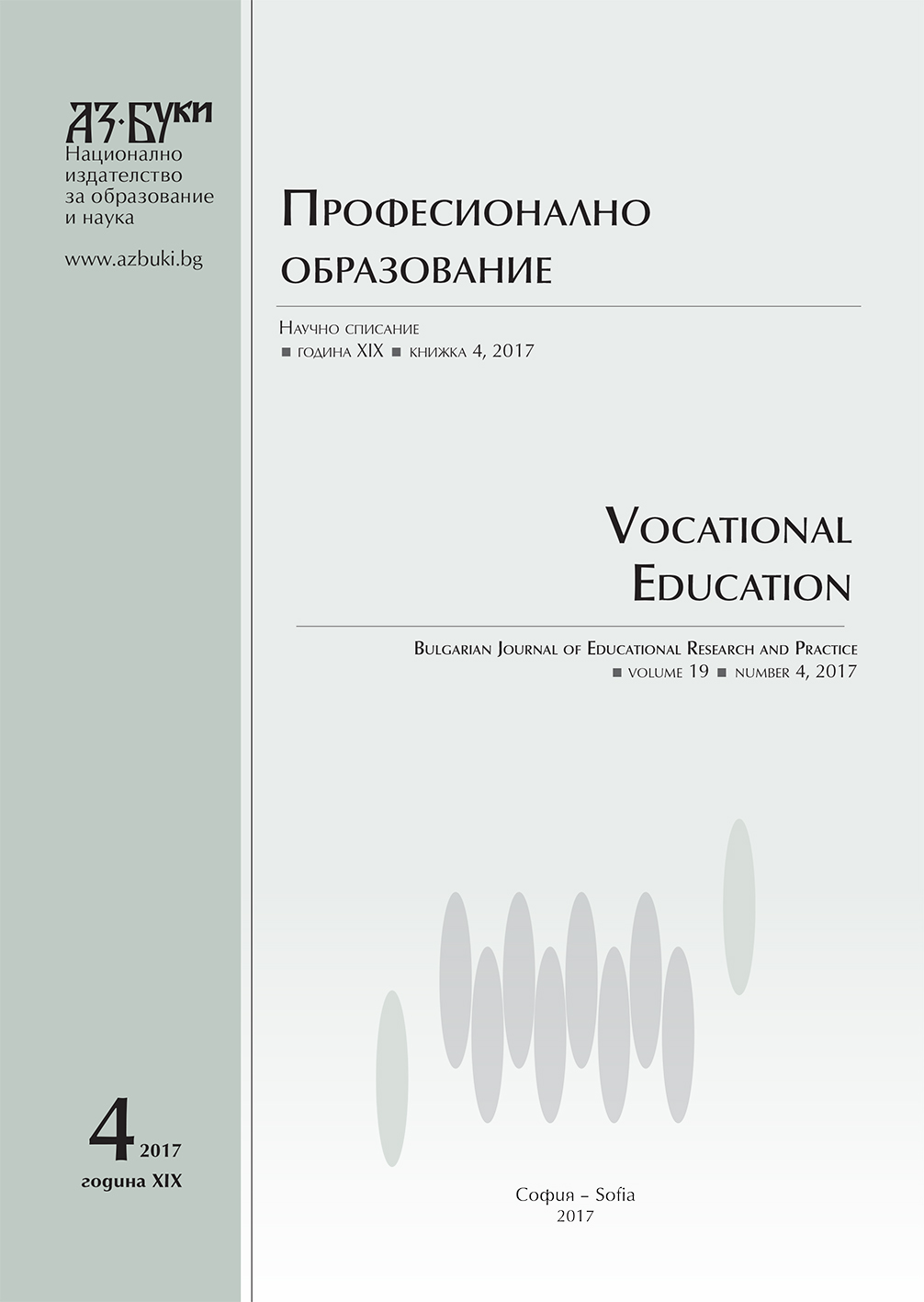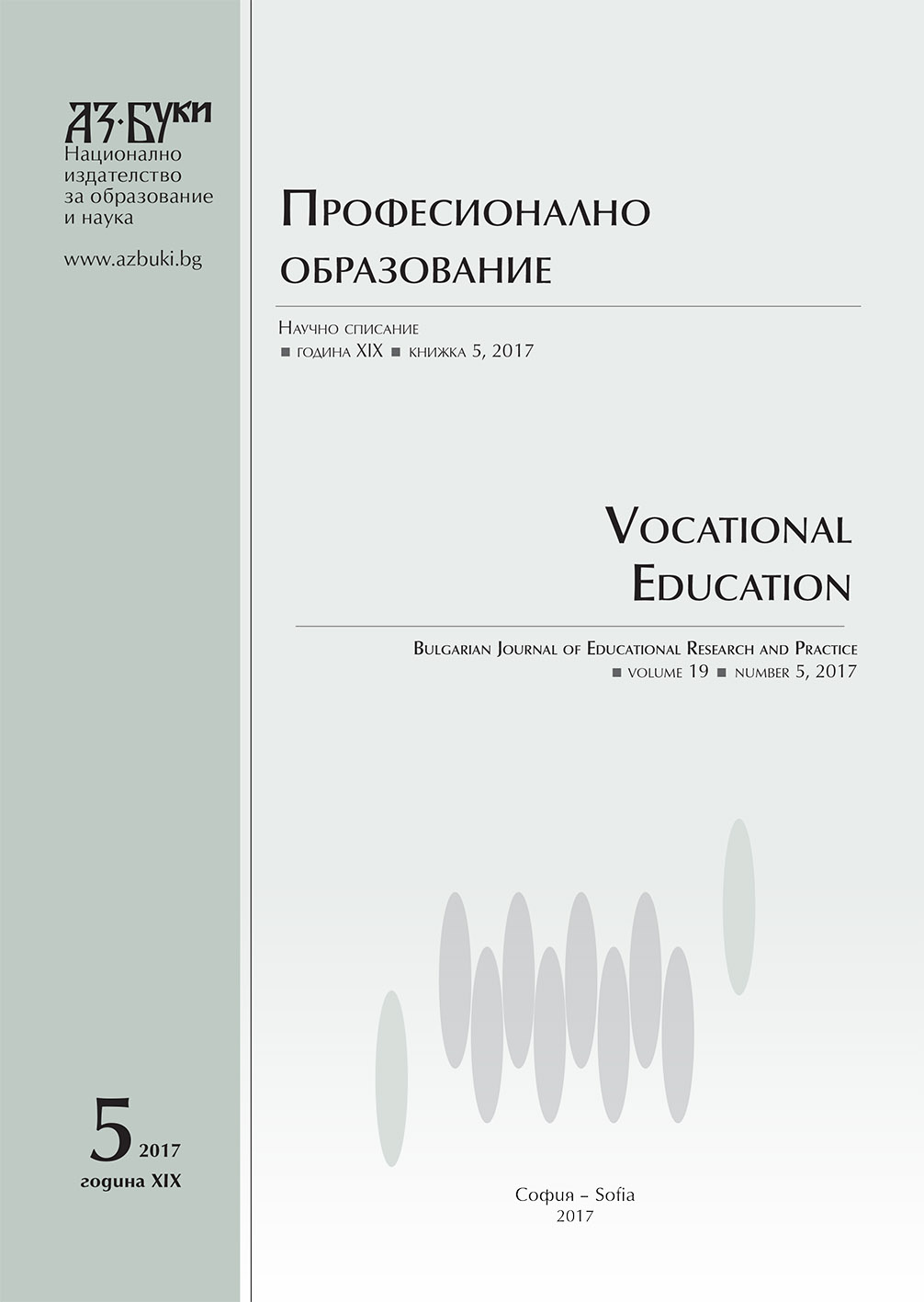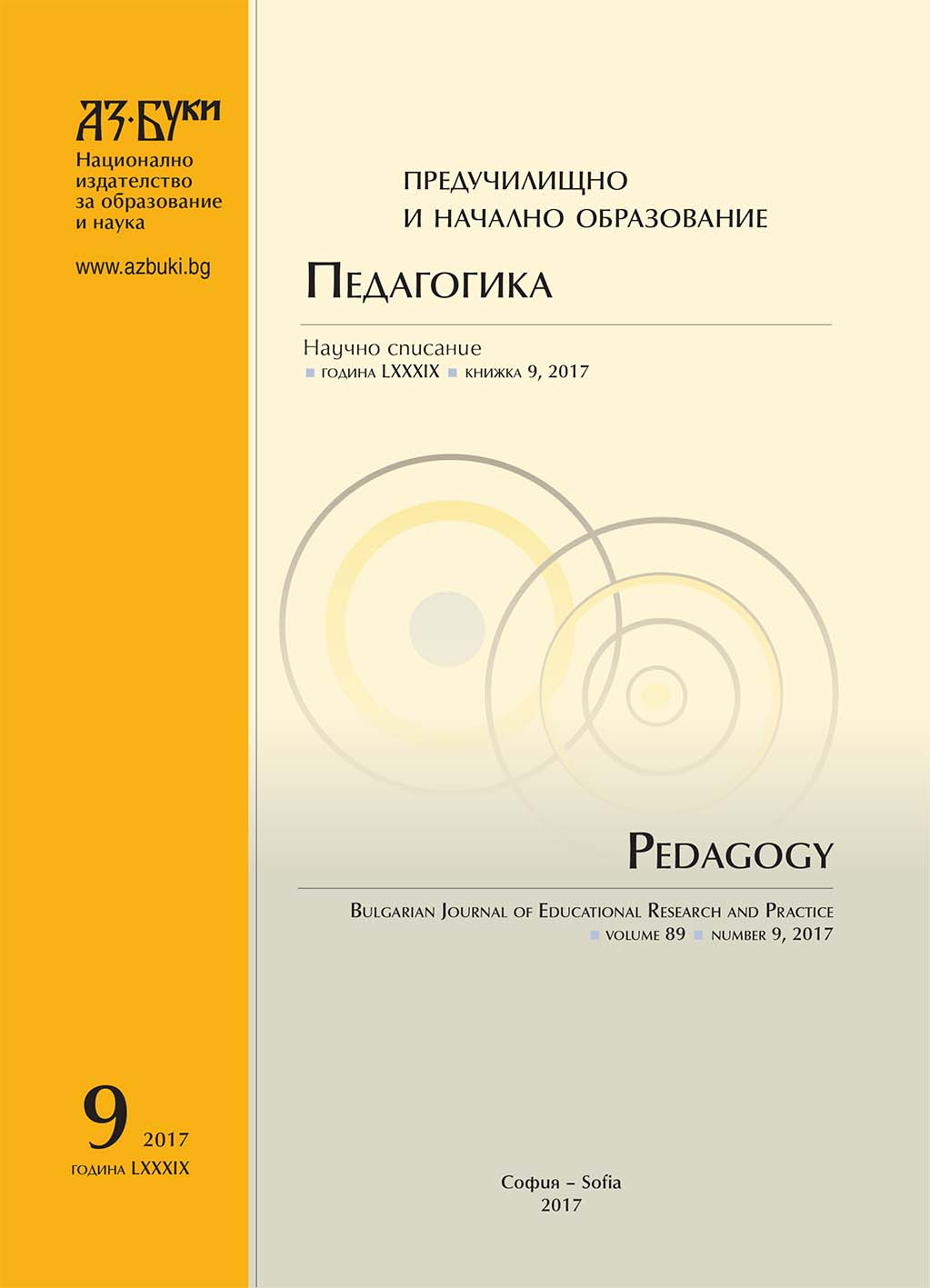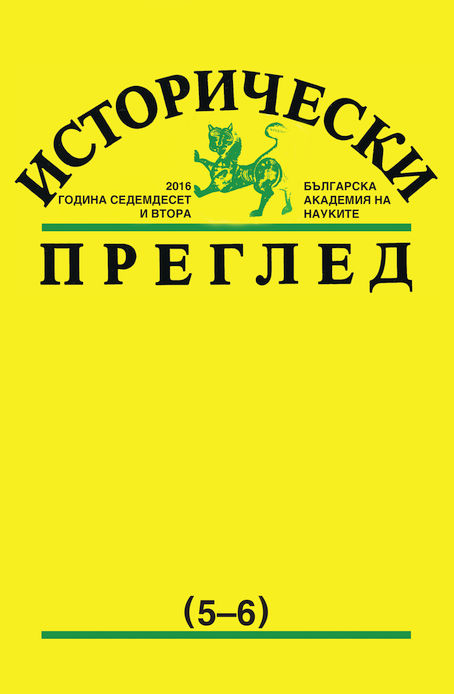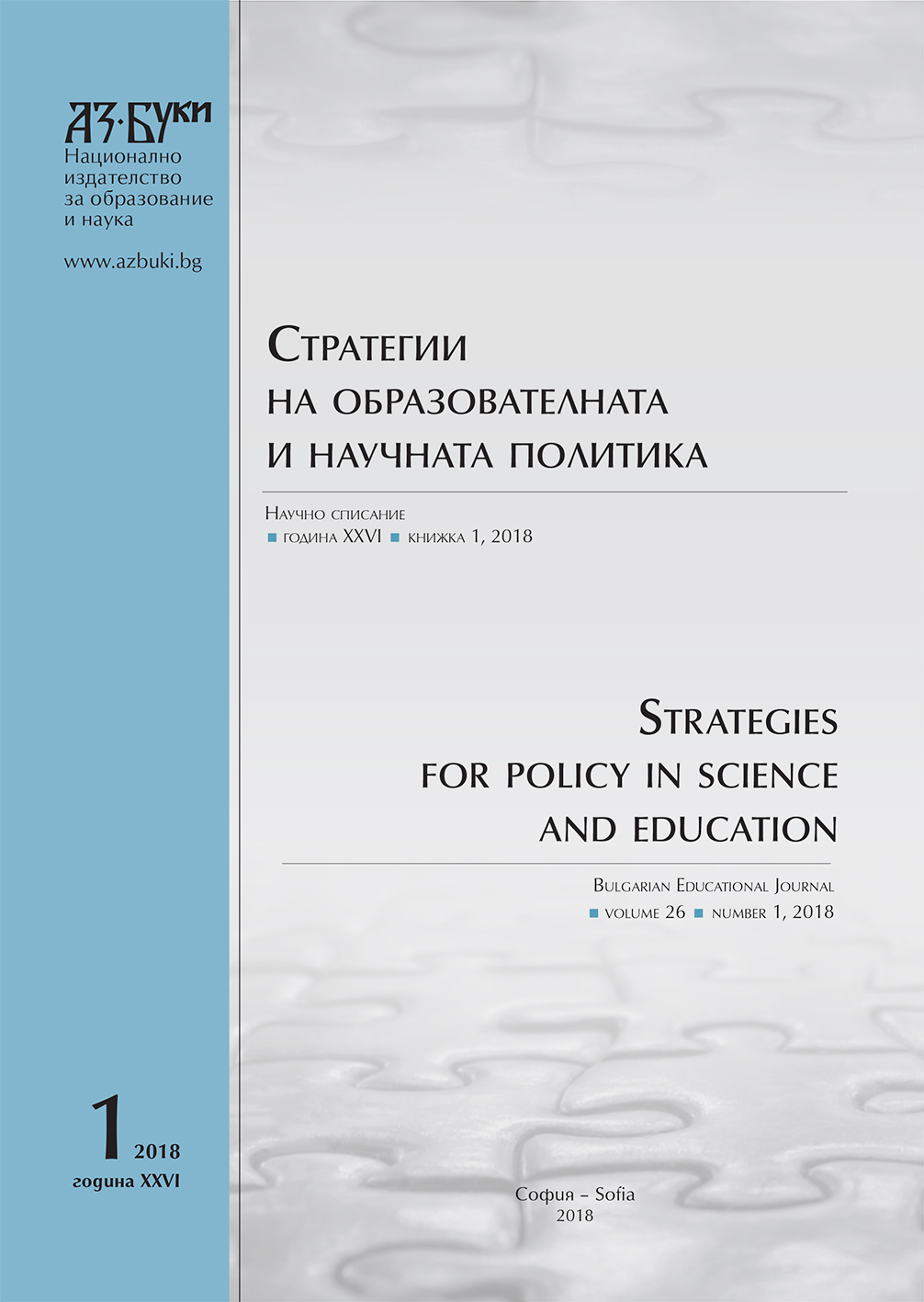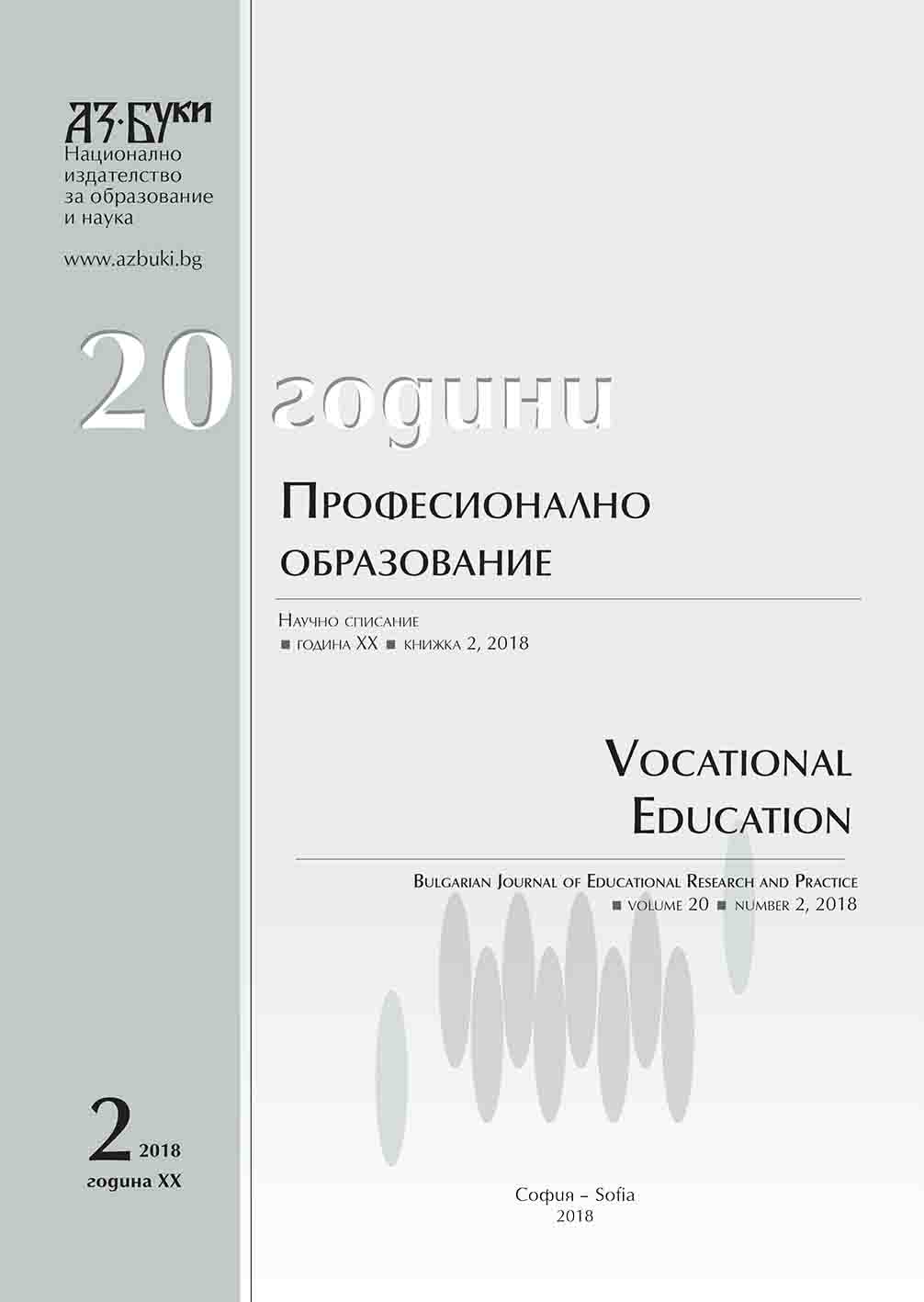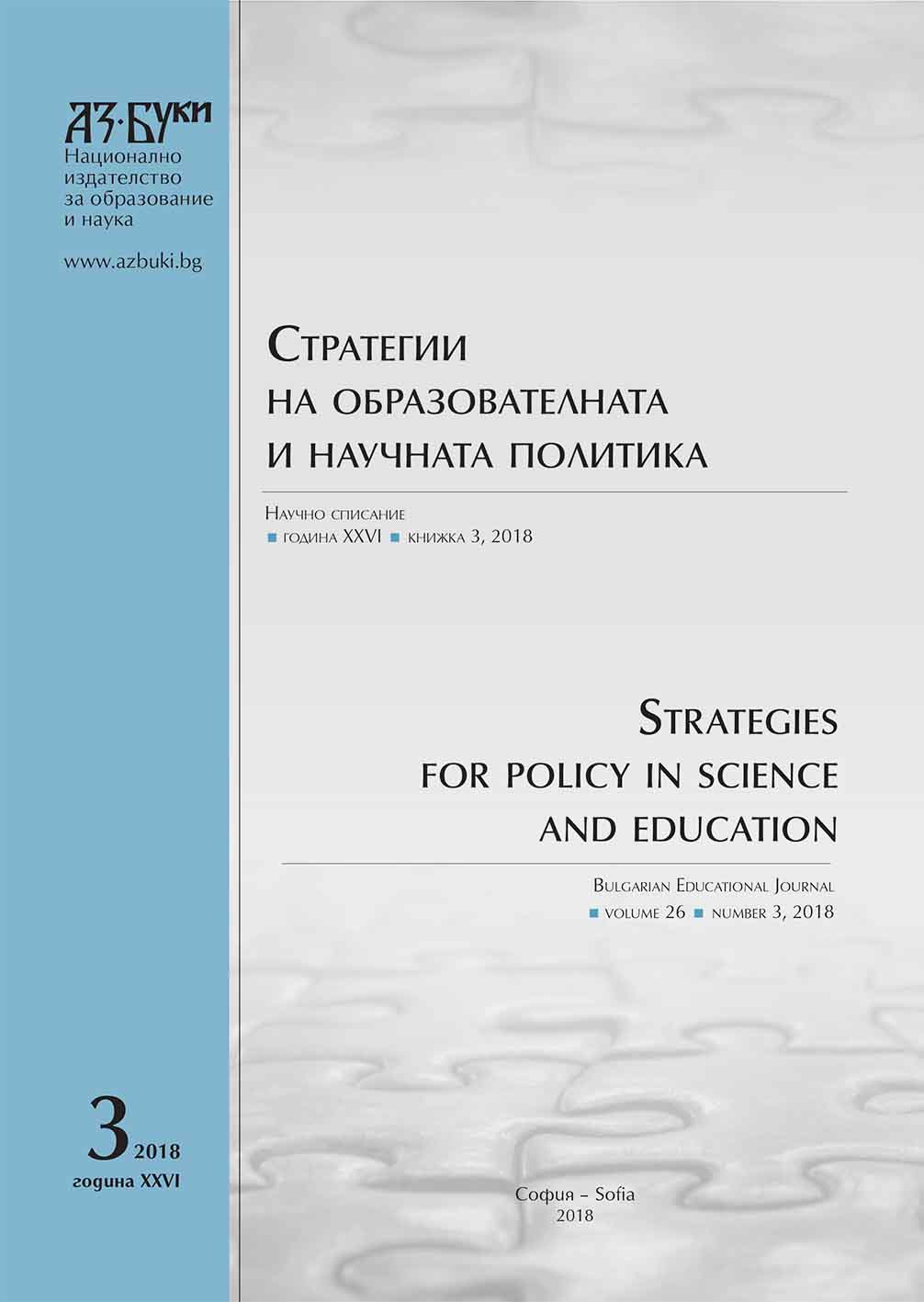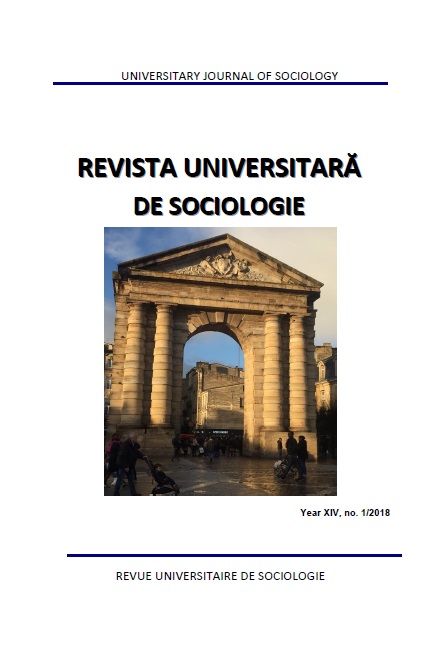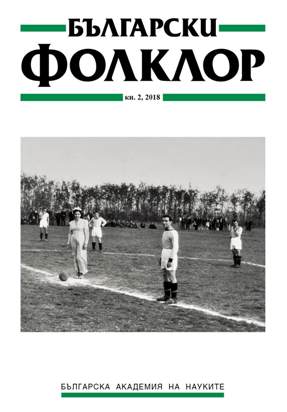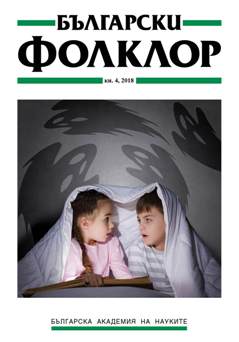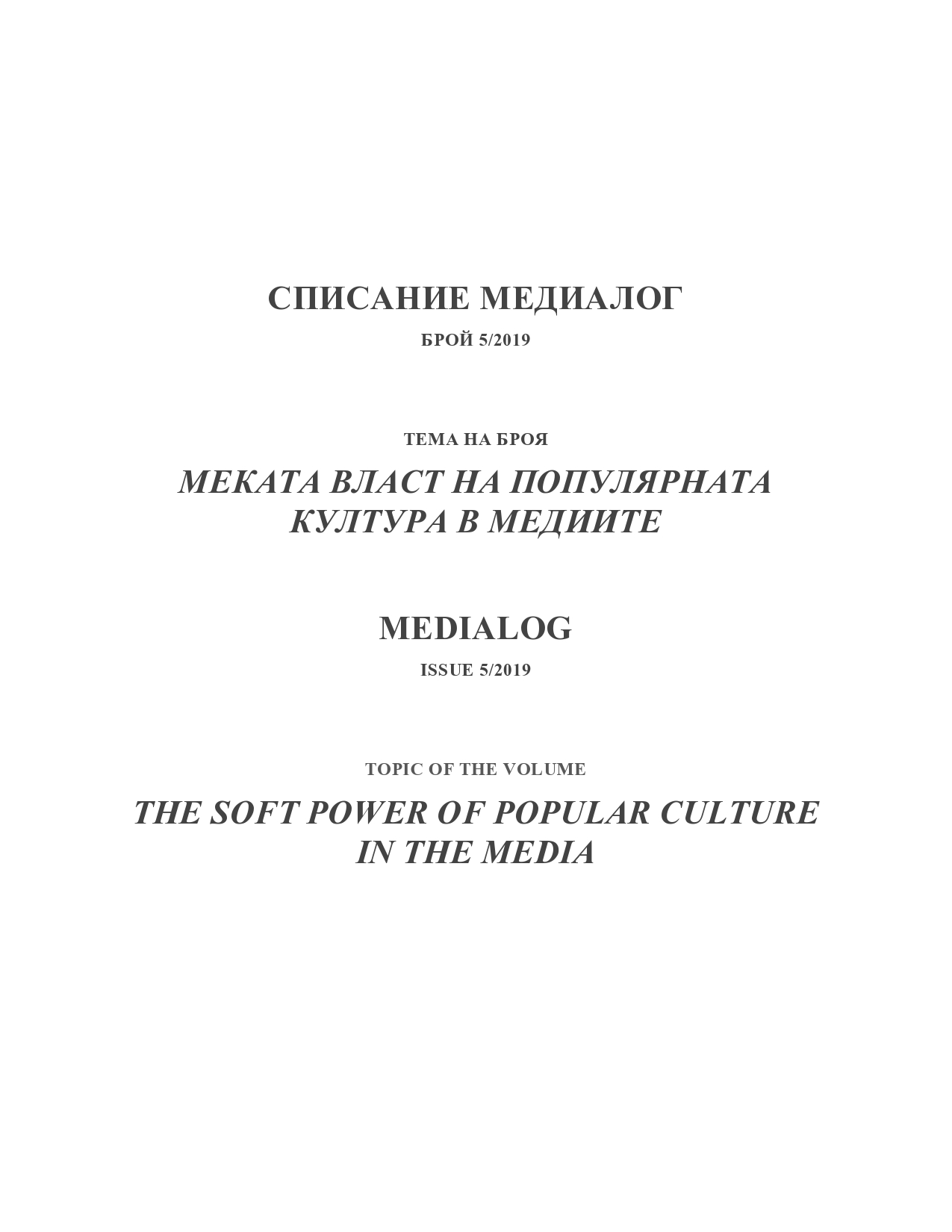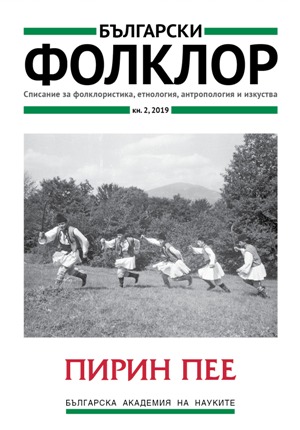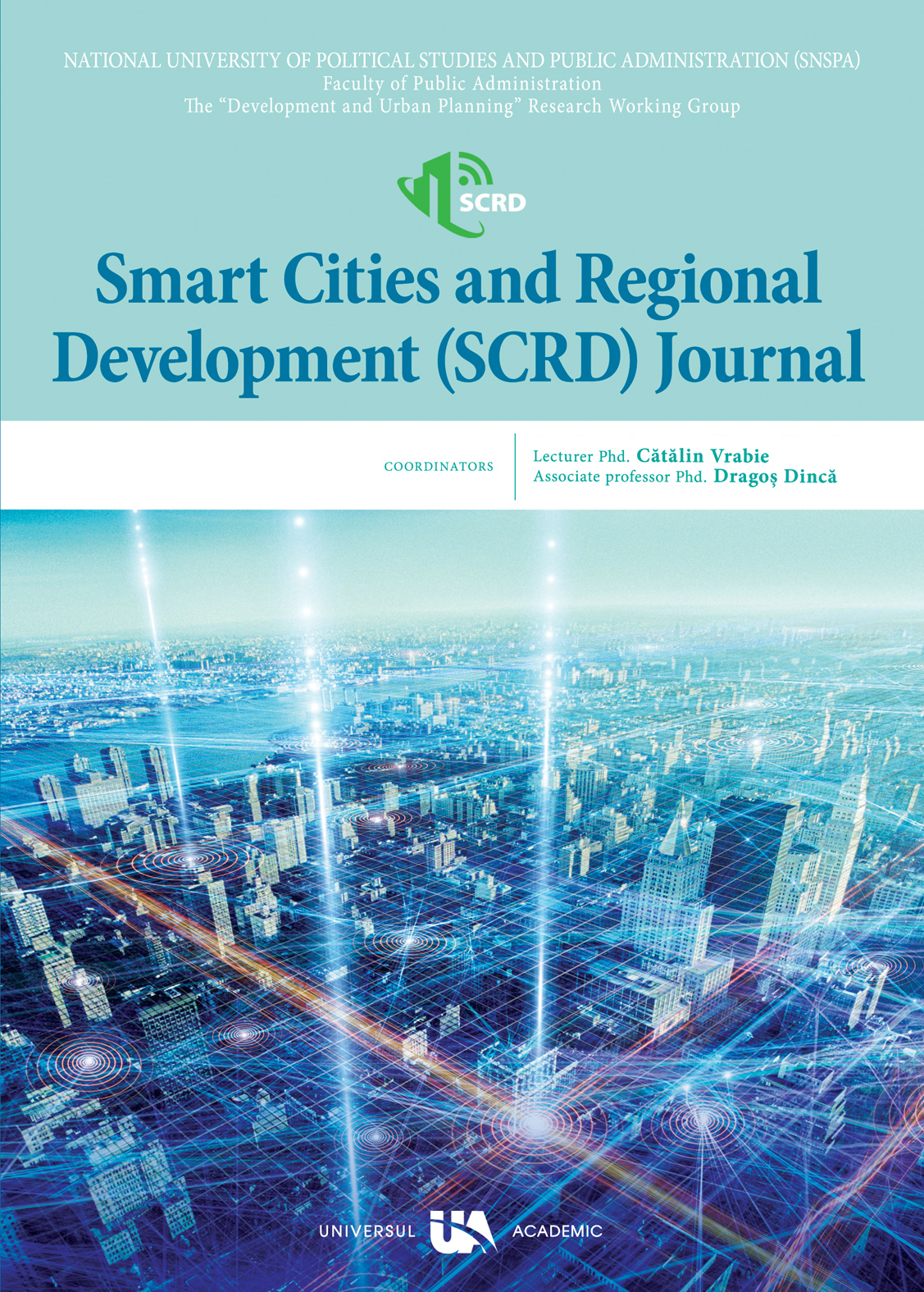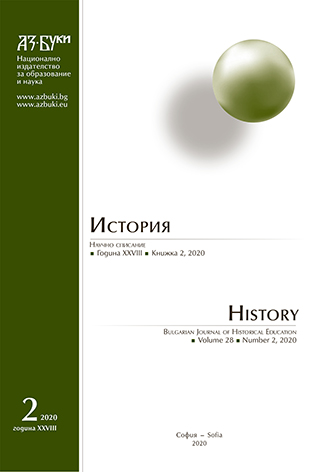Author(s): Márk Áron Éber,Ágnes Gagyi,Tamás Gerőcs,Csaba Jelinek,András Pinkasz / Language(s): Hungarian
Issue: 21/2014
This article rethinks 1989 – the year commonly treated as a milestone of regime change. As contrary to this narrow view, and with the aim of laying out the conceptual foundations of possible future research projects, we give a short overview of the way Hungary became incorporated into the capitalist world system and of the key global, economic, and geopolitical factors that influenced its dependent development. For this we present a historically sensitive, global political economic narrative within which we pay special attention to the way public debt had been accumulated and how this, in
turn, shaped Hungary’s position within the world system. After our analysis of the regime change we continue with an overview of the main structural dynamics of the last two decades. Finally, through two short case studies, we show how our perspective can throw new light on the political ideologies and economic policies of the era. The accumulation of state debt was not a Hungarian specificity: instead, we argue that it was rather
a result of the global restructuring process and of its concomitant effect of decreasing national state-sovereignty. In the following manner, we also argue that the emergence of debates (which were central in evaluating the regime change, revolving around issues like „democracy” vs. „dictatorship” or „planning” vs. „market”) can be better understood
within our global, historical, and political economic analytical framework. In the long run we identify two economic development strategies – namely, the strategy of liberalization and the strategy of protectionism – both structured around the, nonetheless entirely unfulfilled, hope of overcoming Hungary’s semi-peripheral position by „catching up” to its Western neighbors. These strategies then can be analyzed on the base of how they relate to global cycles of accumulation; how their shifts were influenced by changes in the world system; and, in turn, how these strategies organized both various elite projects shaped by global cyclical dynamics and the interpretations about our historically unfolding
dependent position.
More...
